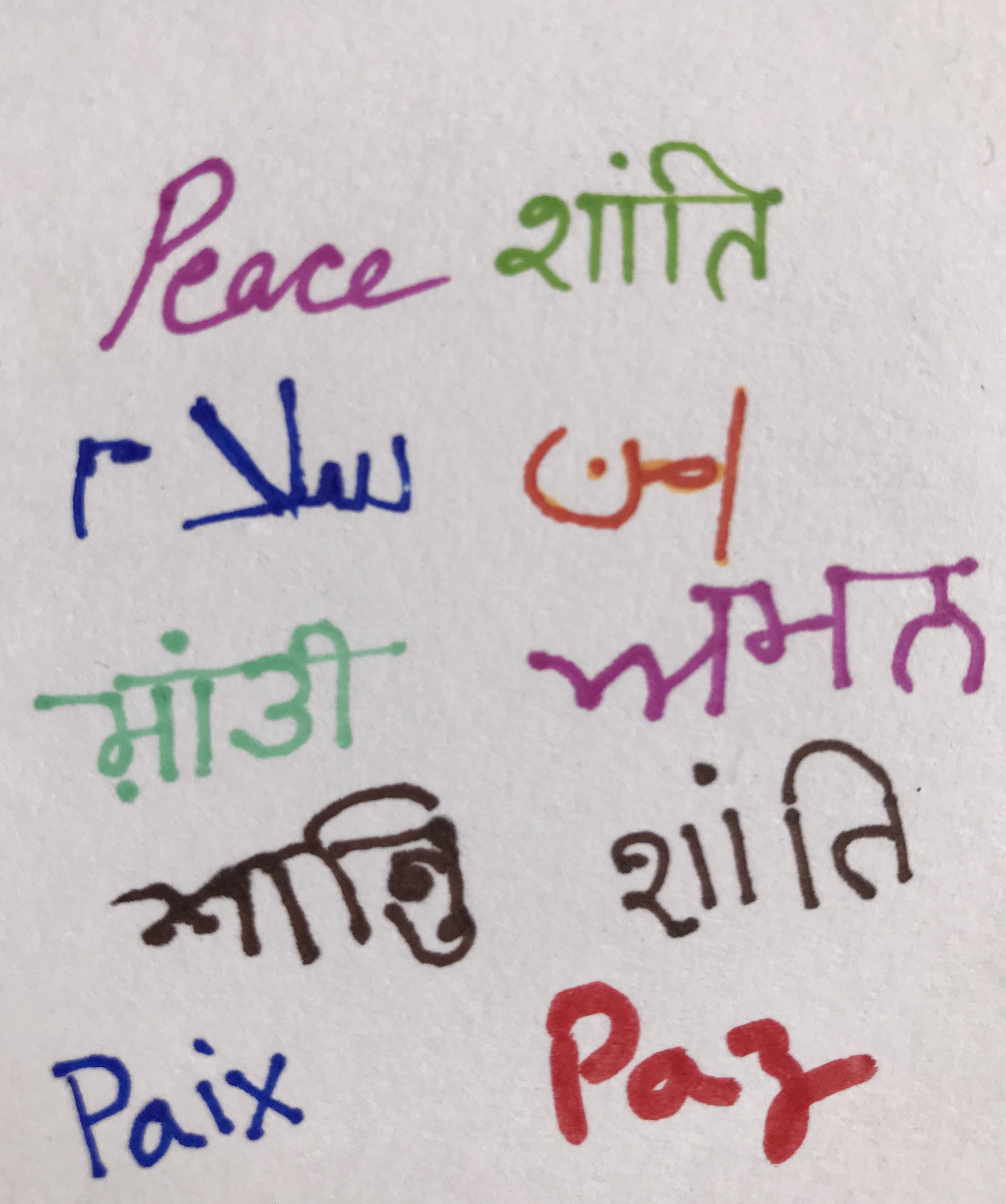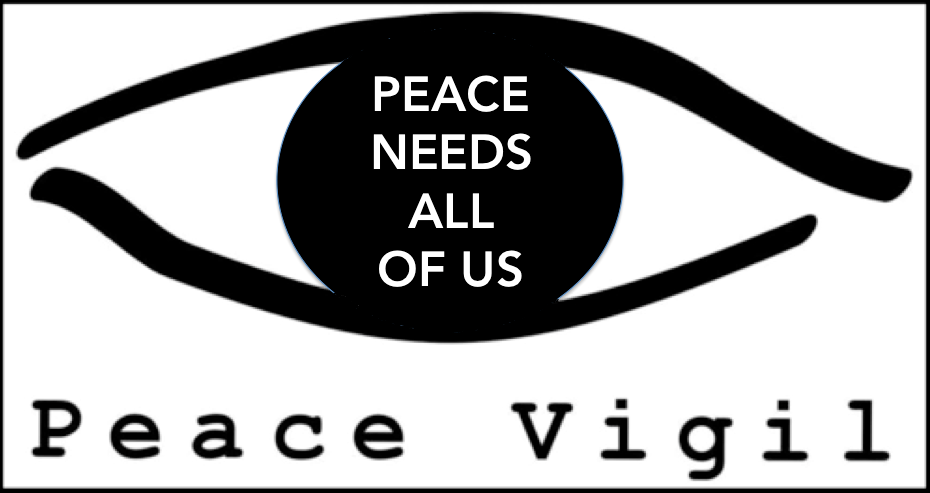Casteism is Fascism: Ambedkar and Disha Ravi
84 years ago, Dr. Bhimrao Ambedkar wrote the following words:
It is a pity that Caste even today has its defenders. The defences are many. It is defended on the ground that the Caste System is but another name for division of labour; and if division of labour is a necessary feature of every civilized society, then it is argued that there is nothing wrong in the Caste System. Now the first thing that is to be urged against this view is that the Caste System is not merely a division of labour. It is also a division of labourers.
These lines are taken from Annihilation of Caste Dr. Ambedkar’s undelivered speech to a conference of Hindu reformers who ultimately cancelled the event rather than allowing the speech to be read. The words offer an exquisite refutation of those who would find some excuse to ignore the ignominy of caste.
More than 80 years after the words were written, they resonate perhaps more than ever. The evils of the caste system can be quite specific. Many analysts, Ambedkar included, have gone over the various manifestations of injustice that are meted out on ordinary people who happen to be from the wrong caste. Others still, among them Shamsul Islam, have documented the origins of the caste system in the Munusmriti and the love of the caste laws by those who codified the doctrine of Hindutva. For the moment let’s consider a broader question: is a society that blindly accepts caste hierarchies capable of democracy?
Underlying the very concept of caste is the idea that communities are distinct. We hear this a lot in Indian and in South Asia more generally. A person from Jammu once told me that Kashmiri Pundits are like this. My grandmother, a Khoja Ismaili, told me that Bohras are like that. Never mind that both the person from Jammu and my nani both had friends who were from the community in question and didn’t match the description, or at least didn’t match it very well.
The lack of truth in the analysis doesn’t seem to be relevant. Collective identity seems to be something that Indians use as a tool to make sense of the world.
In Annihilation of Caste, Ambedkar tells the story of Chakwara village in what is today Rajasthan. A Dalit man, on returning from a pilgrimage, held a party to commemorate the occasion. The meal included ghee, a fact which led hundreds of upper caste people in the village to beat them up with sticks before they could all run away. Apparently Dalits don’t deserve ghee, or at least that’s how these caste Hindus felt. The police did nothing or else actively conspired with the perpetrators.
These are the tools by which the caste system is kept alive even today. Those who have any doubt that the incident narrated in 1936 still has relevance in 2021 must recall the brutal Hathras case of gang rape and murder that happened last year, or the Kachanatham temple incident where three Dalits were killed in 2018. Even the US state of California sued COSCO for alleged caste discrimination in 2020.
Acceptance of the caste system when the constitution formally bans caste discrimination necessarily implies that the rule of law does not exist. Police consistently assist high-caste perpetrators and persecute low-caste (or Muslim) victims. Anyone who does a serious investigation will find this pattern repeating throughout modern history. What would you call it when the state colludes with criminals to ensure that an entire class of people are denied fundamental human rights? To me there is no better term than “fascism”.
In this context we must consider the persecution of those who the BJP considers enemies. 21 year old Disha Ravi, who is an environmental activist is the latest such victim, but the list of people targeted by the current regime for political reasons is long. In terms of caste identity, many of them happen to be upper caste Hindus, but they are critiquing the state.
In a truly democratic system, such criticisms would be a welcome contribution to public debate. If someone had indeed allegedly engaged in illegal behaviour, there would be some charge put against these individuals and a presumption of innocence until charges were proven (or not) in a court of law. If the accused did not have a criminal record or if the charges weren’t particularly serious, she would be given bail.
In a fascist system, the government is at pains to isolate and marginalise perceived enemies. In such a system, the government moves quickly to arrest and detain those who are not on their side (in this case on the side of the hundreds of thousands of Indian farmers protesting outside the nation’s capital), and frighten others away from similar forms of support. Guilt is assumed; by virtue of the State arresting you, you are an enemy of the State and all enemies of the State must be punished. Certain people are automatically guilty based on their caste identity; others are automatically guilty because of their political views.
When we see our social structures through the prism of caste identity, we make it too easy for the government to vilify those it doesn’t like. India has been waiting for a fascist government to take advantage of a population that sees the world in caste terms.
As we enter a new era of arbitrary arrest and detention, the planting of evidence and continued police impunity, we must ask ourselves what kind of India we believe in. If we truly believe in the ideals that Ambedkar so clearly laid out, we must stand up now. “Anti-national” is a term that should be met with scorn and contempt. If the State’s arguments are so weak that the only way to defend them is to attack the person who criticises them, the State and those who apologise for it should be ridiculed. Those few journalists who are pointing out the obvious are drowned out by a massive government propaganda system that seems to include all of the major media houses.
Failure to stand with those who face the ire of the State today is a failure to stand against fascism. It is not only to fail Ambedkar and all those who fought for an India free of imperialism and free of caste; it is a failure to stand with humanity.
A few years before Ambedkar wrote Annihilation of Caste, another intellectual giant wrote the following lines from a fascist prison: “The old world is dying and the new world struggles to be born: now is the time of monsters.” Gramsci’s words, like Ambedkar’s, sound as though they could have been written now, for this very moment. Until we are ready to give birth to a world without caste, we are doomed to live with monsters.
Sameer Dossani for PeaceVigil.net




